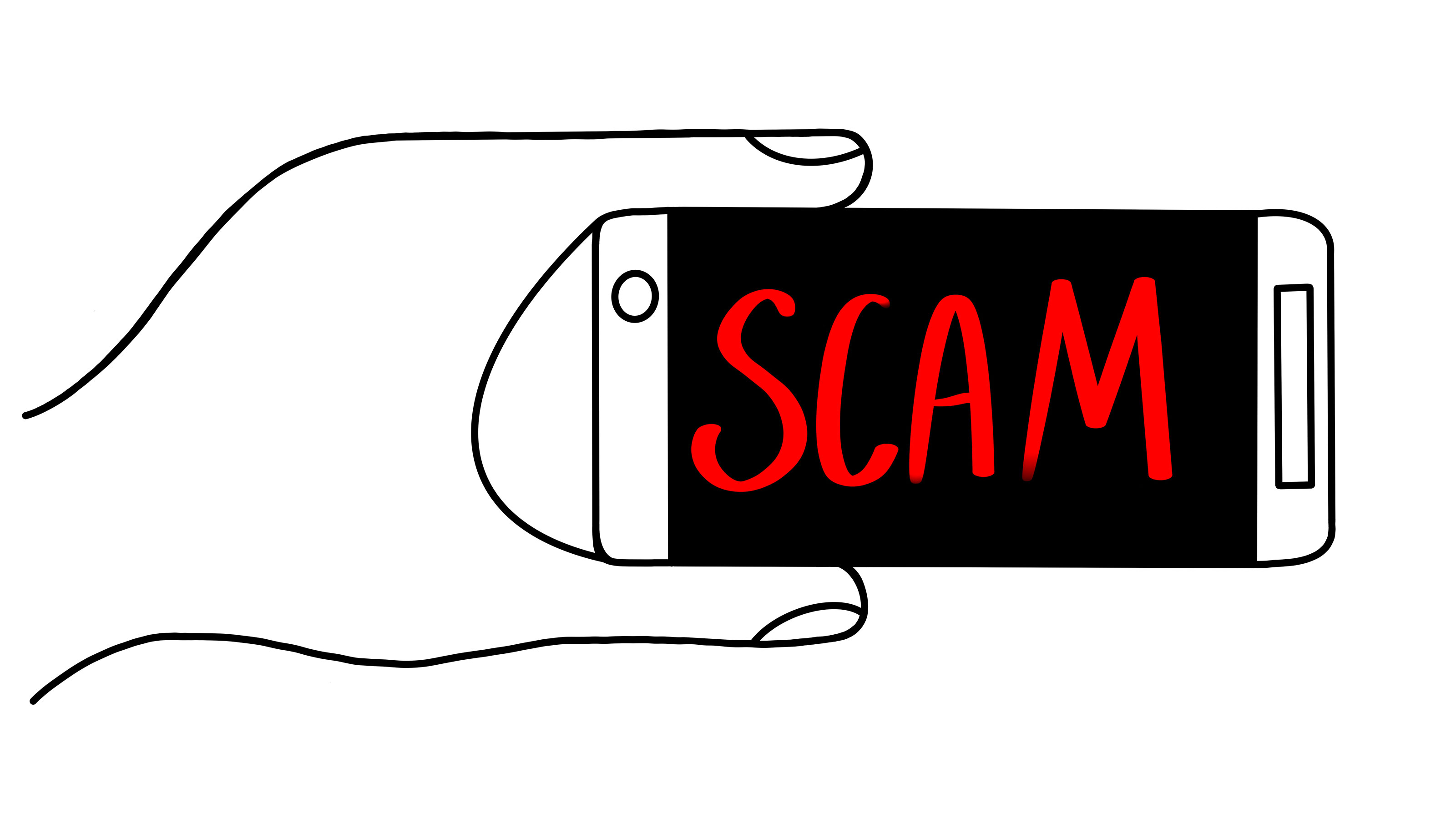IRS Warns of E-mail Tax Scam
Watch out for bogus e-mails claiming there's a problem with your 2013 tax return.

Profit and prosper with the best of Kiplinger's advice on investing, taxes, retirement, personal finance and much more. Delivered daily. Enter your email in the box and click Sign Me Up.
You are now subscribed
Your newsletter sign-up was successful
Want to add more newsletters?

Delivered daily
Kiplinger Today
Profit and prosper with the best of Kiplinger's advice on investing, taxes, retirement, personal finance and much more delivered daily. Smart money moves start here.

Sent five days a week
Kiplinger A Step Ahead
Get practical help to make better financial decisions in your everyday life, from spending to savings on top deals.

Delivered daily
Kiplinger Closing Bell
Get today's biggest financial and investing headlines delivered to your inbox every day the U.S. stock market is open.

Sent twice a week
Kiplinger Adviser Intel
Financial pros across the country share best practices and fresh tactics to preserve and grow your wealth.

Delivered weekly
Kiplinger Tax Tips
Trim your federal and state tax bills with practical tax-planning and tax-cutting strategies.

Sent twice a week
Kiplinger Retirement Tips
Your twice-a-week guide to planning and enjoying a financially secure and richly rewarding retirement

Sent bimonthly.
Kiplinger Adviser Angle
Insights for advisers, wealth managers and other financial professionals.

Sent twice a week
Kiplinger Investing Weekly
Your twice-a-week roundup of promising stocks, funds, companies and industries you should consider, ones you should avoid, and why.

Sent weekly for six weeks
Kiplinger Invest for Retirement
Your step-by-step six-part series on how to invest for retirement, from devising a successful strategy to exactly which investments to choose.
If you get an e-mail that appears to be from the IRS and claims that there is a problem with your 2013 tax return, do not respond. It’s the latest scam to surface this tax season.
Scammers are sending phishing e-mails that appear to be from the IRS Taxpayer Advocate Service and warn taxpayers that their 2013 income has been flagged for review due to a document processing error, according to the IRS.
To resolve the issue, recipients are instructed to contact the IRS Taxpayer Advocate Service by clicking on a link within the e-mail. The link supposedly provides information about the taxpayer advocate assigned to their case or allows taxpayers to review their reported income. However, the IRS reports that the link actually leads to a Web site that solicits personal information -- which thieves can use to steal your identity or access your accounts.
From just $107.88 $24.99 for Kiplinger Personal Finance
Become a smarter, better informed investor. Subscribe from just $107.88 $24.99, plus get up to 4 Special Issues

Sign up for Kiplinger’s Free Newsletters
Profit and prosper with the best of expert advice on investing, taxes, retirement, personal finance and more - straight to your e-mail.
Profit and prosper with the best of expert advice - straight to your e-mail.
Although the Taxpayer Advocate Service is a legitimate entity, it does not initiate contact with taxpayers by e-mail, text or any social media network -- nor does the IRS. If you receive an e-mail that appears to be from the IRS or Taxpayer Advocate Service, do not reply to it and do not click on any links within the e-mail. Forward the e-mail to the IRS at phishing@irs.gov.
Also beware of phone scams during tax season. Scammers have been calling people across the country claiming that they owe money to the IRS and making threats including arrest if they don't pay up, according to the IRS. Learn more about this phone scam as well as steps to take to lower your risk of fraud during tax season.
Profit and prosper with the best of Kiplinger's advice on investing, taxes, retirement, personal finance and much more. Delivered daily. Enter your email in the box and click Sign Me Up.

Award-winning journalist, speaker, family finance expert, and author of Mom and Dad, We Need to Talk.
Cameron Huddleston wrote the daily "Kip Tips" column for Kiplinger.com. She joined Kiplinger in 2001 after graduating from American University with an MA in economic journalism.
-
 Dow Adds 1,206 Points to Top 50,000: Stock Market Today
Dow Adds 1,206 Points to Top 50,000: Stock Market TodayThe S&P 500 and Nasdaq also had strong finishes to a volatile week, with beaten-down tech stocks outperforming.
-
 Ask the Tax Editor: Federal Income Tax Deductions
Ask the Tax Editor: Federal Income Tax DeductionsAsk the Editor In this week's Ask the Editor Q&A, Joy Taylor answers questions on federal income tax deductions
-
 States With No-Fault Car Insurance Laws (and How No-Fault Car Insurance Works)
States With No-Fault Car Insurance Laws (and How No-Fault Car Insurance Works)A breakdown of the confusing rules around no-fault car insurance in every state where it exists.
-
 Holiday Tax Scams 2025: 'Tis the Season to be Wary
Holiday Tax Scams 2025: 'Tis the Season to be WaryTax Scams Navigating tax tricks of the holiday season may be daunting, but don't let that destroy your festive spirit
-
 How to Guard Against the New Generation of Fraud and Identity Theft
How to Guard Against the New Generation of Fraud and Identity TheftIdentity Theft Fraud and identity theft are getting more sophisticated and harder to spot. Stay ahead of the scammers with our advice.
-
 Tax Scam: IRS Warns Taxpayers Against Filing False W-2 Info
Tax Scam: IRS Warns Taxpayers Against Filing False W-2 InfoScams A new tax scam on social media advises lying on your W-2 to falsely claim credits and bigger refunds.
-
 PODCAST: National Taxpayer Advocate Erin M. Collins Wants to Help
PODCAST: National Taxpayer Advocate Erin M. Collins Wants to HelpFinancial Planning Your tax dollars are at work funding a government bureau to help you deal with the IRS. Strange but true! Also, the price of Amazon is going up.
-
 Con Artists Target People Who Owe The IRS Money
Con Artists Target People Who Owe The IRS MoneyScams In one scheme, thieves will offer to "help" you pay back taxes, only to leave you on the hook for expensive fees in addition to the taxes.
-
 Tax Refund Scam Targets College Students and Staff
Tax Refund Scam Targets College Students and StaffScams The IRS says there's a new phishing scam aimed at people with email addresses ending in ".edu."
-
 PODCAST: Taxes on Retirees — What’s New
PODCAST: Taxes on Retirees — What’s NewBudgeting In this episode of Your Money's Worth, senior tax editor Rocky Mengle talks about the latest update of the Kiplinger Retiree Tax Map. Will states with declining revenues make life harder on retirees? Also, the Biden stimulus plan and the hazards of patent scams.
-
 Watch Out for Stimulus Check Texting Scam
Watch Out for Stimulus Check Texting ScamScams Scammers are sending text messages that trick people into disclosing bank account information to get a $1,200 stimulus check.